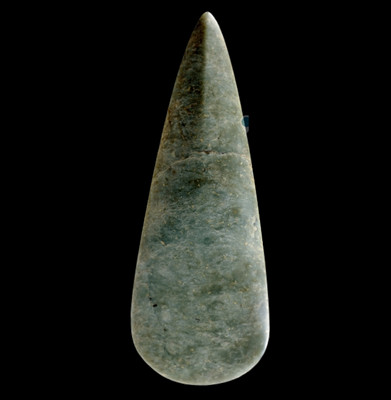This week I've been in Egypt, Mesopotamia, Pakistan and India, seeing how five thousand years ago cities and states grew up along some of the great rivers of the world. We've explored their styles of leadership and their architecture, their writing and the international trading networks that let them acquire new skills and materials. But in the world beyond these great river valleys, the story was different.












